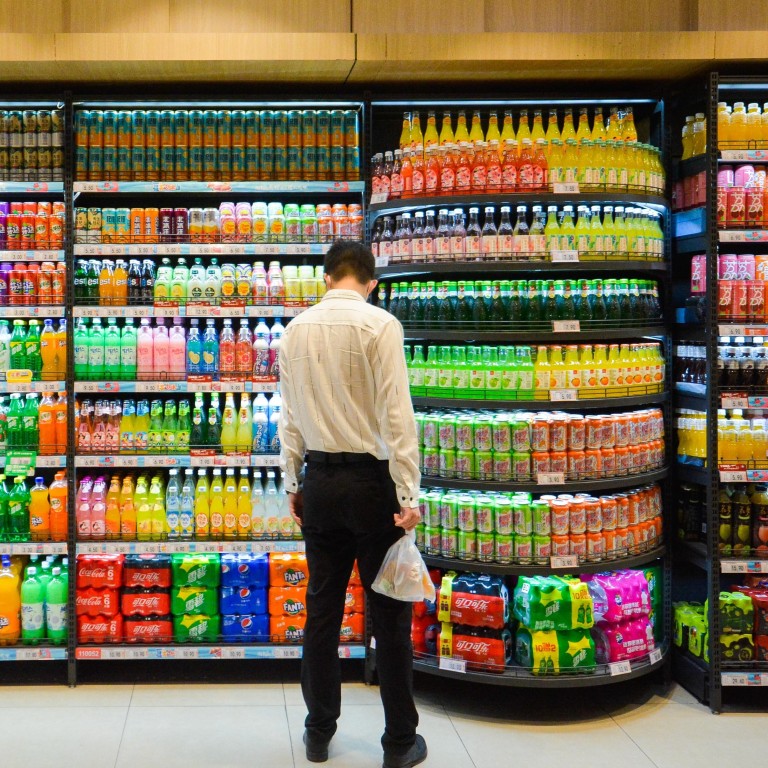
China inflation: factory-gate price growth quickened in July, higher than expected
- China’s official producer price index (PPI) rose by 9 per cent in July from a year earlier, compared with 8.8 per cent in June
- The consumer price index (CPI) rose by 1 per cent in July from a year earlier, compared with a 1.1 per cent rise in June
Factory-gate price inflation in China remained high in July, data released on Monday showed.
This was above expectations, as a Bloomberg survey of analysts had predicted a rise of 8.6 per cent.
“The price increase of industrial products expanded slightly in July as prices of crude oil, coal and related products rose sharply,” said senior NBS economist Dong Lijuan.
China’s official consumer price index (CPI), meanwhile, rose by 1 per cent in July from a year earlier, down from 1.1 per cent in June, the NBS said.
This was above the Bloomberg survey median, which had predicted a 0.8 per cent rise.
China’s core consumer inflation rate, excluding volatile food and energy prices, rose 1.3 per cent in July compared with a year earlier, up from 0.9 per cent in June.
Food prices fell by 3.7 per cent from a year earlier in July, from a rise of 1.7 per cent in June.
China's year-on-year inflation growth for 2021
| Month | Consumer price index (CPI) | Producer price index (PPI) |
|---|---|---|
| January | -0.3% | 0.3% |
| February | -0.2% | 1.7% |
| March | 0.4% | 4.4% |
| April | 0.9% | 6.8% |
| May | 1.3% | 9.0% |
| June | 1.1% | 8.8% |
| July | 1.0% | 9.0% |
Source: National Bureau of Statistics
Non-food prices rose by 2.1 per cent in July, year on year, up from a reading of 1.7 per cent in June.The price of pork – a staple meat on Chinese plates – fell by 43.5 per cent compared with a year earlier in July.
We believe domestic inflationary pressure is largely controllable, and Beijing will unlikely overreact to the stronger-than-expected July inflation data
“We believe domestic inflationary pressure is largely controllable, and Beijing will unlikely overreact to the stronger-than-expected July inflation data. Instead, we expect Beijing to maintain its unique policy mix of ‘targeted tightening plus universal easing’ through the remainder of this year.”
This puts the policymakers in a dilemma: inflation is rising and growth is slowing
“This puts the policymakers in a dilemma: inflation is rising and growth is slowing. The pandemic worsened and caused more disruption in the global supply chain,” said Zhiwei Zhang, chief economist at Pinpoint Asset Management.
“The signal from the weekend by [former health minister] Gao Qiang suggests that China will likely continue to follow a ‘zero tolerance policy’. Such policy means China will scrutinise cross-border movement of cargo and travellers, which will probably put further stress on the supply chain. We think the inflation pressure may persist in the second half of the year.”

.JPG?itok=J8tgfPmW&v=1659948715)